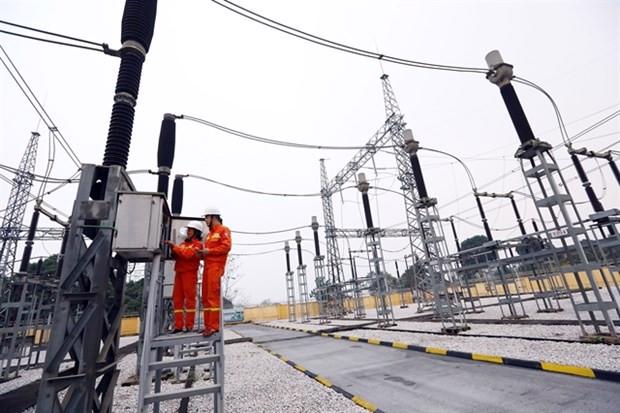Vietnam's economic rebound and prolonged hot weather are putting pressure on the country's power grid. In the first quarter of 2024, electricity demand increased by nearly 14% compared to the same period last year according to Electricity of Vietnam (EVN).
The sharp increase is driven by growth across multiple sectors, including a 16% rise in agricultural electricity use and a 19% increase in the hotel, restaurant, and trade sectors.
This surge in demand has led to higher electricity costs for businesses and households. To address potential grid overload and mitigate price impacts, the power sector is encouraging businesses to participate in a load adjustment program (also known as demand response).
How Load Adjustment Works
The program incentivizes businesses to reduce electricity consumption during peak hours and shift it to off-peak periods. This strategic shift helps reduce strain on the power system and improves grid stability.
Reduced electricity costs are a key advantage, as shifting power usage away from peak times results in lower energy bills, with some companies saving up to 15%.
Not only the cost but participants also experience improved power reliability, as they are prioritized during shortages. This minimizes disruptions to production. Finally, lower electricity costs can positively impact a company's bottom line, enhancing its overall competitiveness.
While a relatively new practice in Vietnam, the load adjustment program has yielded promising results. Preliminary data from EVN suggests that participating businesses have reduced total electricity use by 25-30%.
Crucially, this load shifting is not a net reduction in electricity use, but rather a redistribution of demand to help balance the grid.
Ensuring Energy Supply
Vietnam's Ministry of Industry and Trade recognizes the challenges associated with the rising power demand. To address these challenges and prevent supply disruptions, the ministry has directed energy providers to develop proactive strategies for electricity and fuel supply management.
This focus on supply chain stability underscores the importance of energy security for Vietnam's continued economic growth.
While businesses can play a valuable role in optimizing energy use, load adjustment is just one piece of the puzzle. Vietnam will need to continue investing in power generation capacity, particularly from renewable sources, to sustainably meet its long-term electricity needs.
Efforts to improve energy efficiency across all sectors will also be crucial to maintaining a reliable and affordable energy supply in the years to come.









 Google translate
Google translate